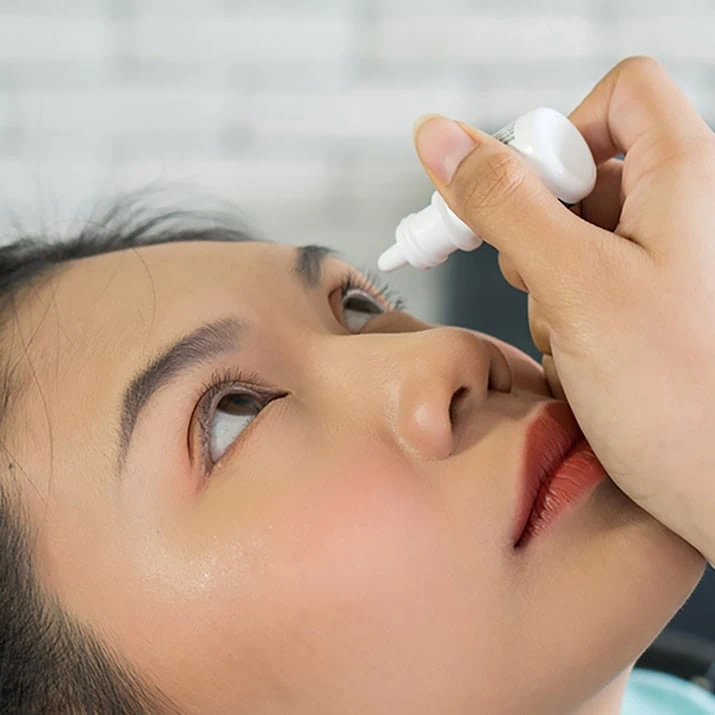Seasonal Eye Allergies
With each new season comes a new set of pesky eye irritations brought on by allergic conjunctivitis. So what is this seasonal problem and how can you keep symptoms at bay?
Overview
What are seasonal eye allergies?
Seasonal eye allergies and allergic conjunctivitis are your body’s immune response to irritants such as pollen, dust and changes in the weather. The blood vessels in your eyes start to swell and can make them itchy, watery, red and teary.
Symptoms
What are the symptoms of seasonal eye allergies?
Typically, seasonal eye allergy symptoms begin as soon as your eyes come in contact with allergens — pollen, dust, etc. However, symptoms may not appear for two to four days. So what should you look out for?
Redness
Often caused by the blood vessels in your eyes swelling.
Irritation
Can accompany nasal allergy symptoms such as a runny nose or cough.
Soreness or Pain
Can occur from rubbing your eyes or dryness brought on by pollen.
Burning
Will appear in one or both eyes and is an immune reaction to allergens.
Swollen Eyelids
May occur after direct or indirect contact with the allergen.
Diagnosis
How are seasonal eye allergies diagnosed?
Seasonal eye allergies often accompany other seasonal irritations such as nasal symptoms, an itchy or runny nose, and sneezing. While these factors are an indication that you may be suffering from seasonal eye allergies, a proper diagnosis is the first step towards relief.
Through a series of questions and specialized tests —which may include a microscope examination — your doctor will determine exactly what is causing your symptoms, and what the best treatment option is.

Treatment & Prevention
How are seasonal eye allergies treated?
Certain over-the-counter eye drops, Rx eye drops and when needed OTC oral allergy medications work great to relieve uncomfortable symptoms such as red, itchy and watery eyes.
How can seasonal eye allergies be prevented?
As always, check with your doctor to rule out eye disease or other major conditions before you begin treatment for seasonal eye allergies. Once you’ve determined this is the cause for your irritation, here are some helpful hints to reduce your exposure.